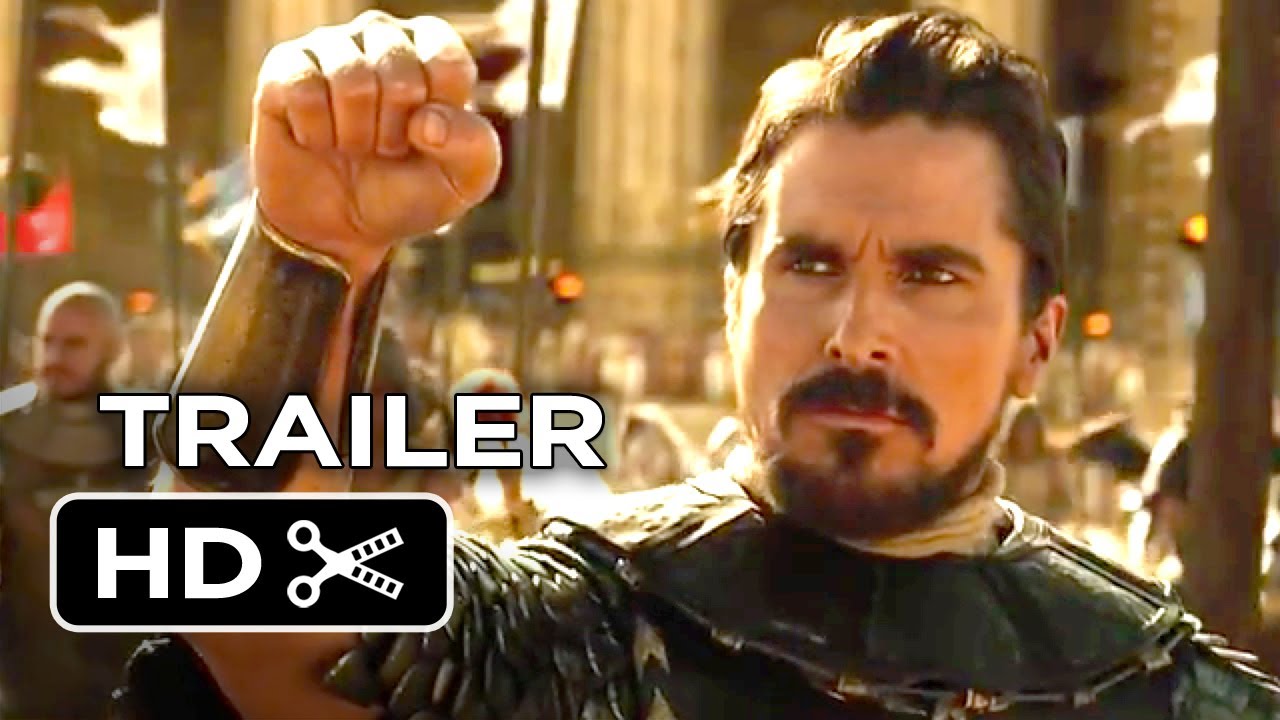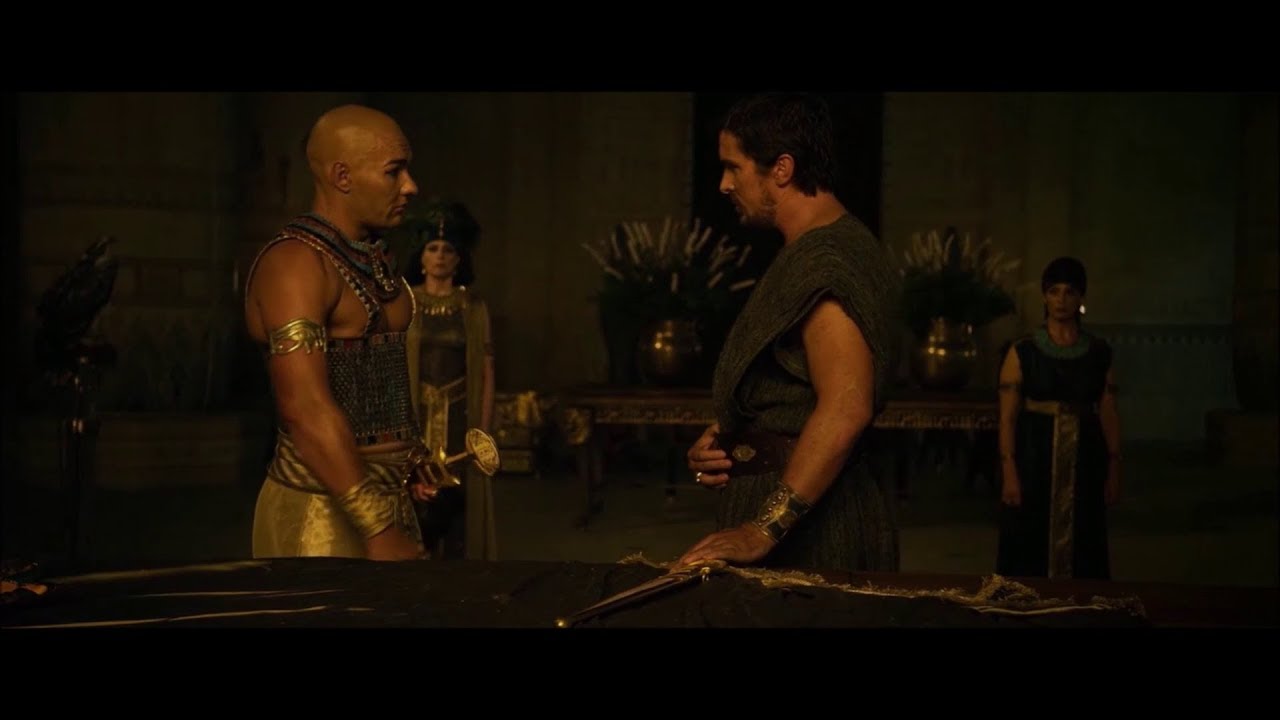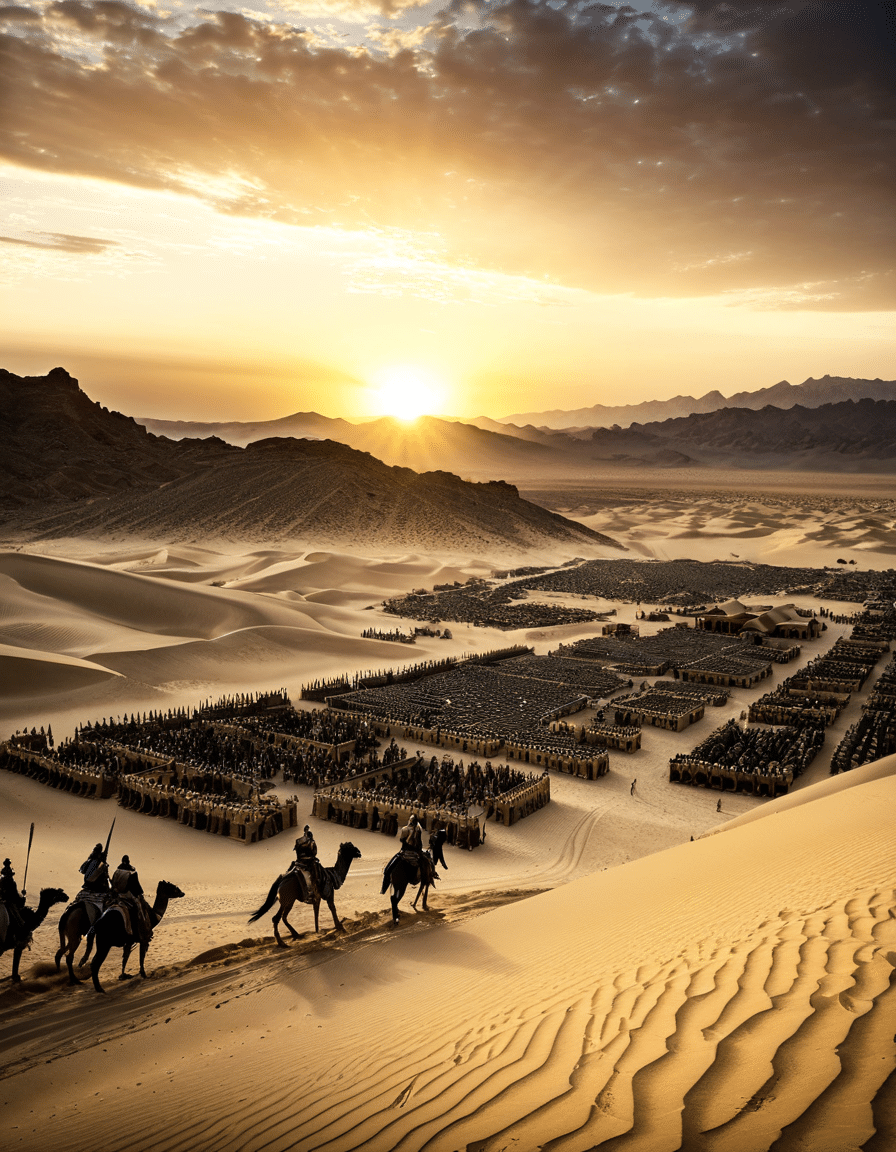
Exodus Gods And Kings A Stunning Epic Of Faith And Power
The Cinematic Landscape of Exodus: Gods and Kings
In the landscape of biblical epics, Exodus: Gods and Kings genuinely stands out for its elaborate storytelling and stunning visuals. Released in 2014, Ridley Scott’s adaptation brings the timeless tale of Moses leading the Israelites out of slavery in Egypt to life. With actors like Christian Bale portraying Moses and Joel Edgerton as Ramses, this film doesn’t just feature great performances; it also showcases high production values that leverage cutting-edge effects, especially notable during monumental scenes such as the parting of the Red Sea.
Scott’s direction invites audiences to lose themselves in the opulence of ancient Egypt, emphasizing not only the narrative’s gravity but also the film’s artistic vision. What sets Exodus: Gods and Kings apart is its willingness to tackle themes of power and belief in a grand spectacle, making it more than just another retelling of a biblical story. It explores the human condition, leaving viewers pondering their own beliefs and decisions.
The film balances an epic tale with intimate moments, creating a relatable journey of struggle and triumph. As it conveys layers of faith and leadership, it mirrors real-life experiences, inviting audiences to reflect on their own challenges.
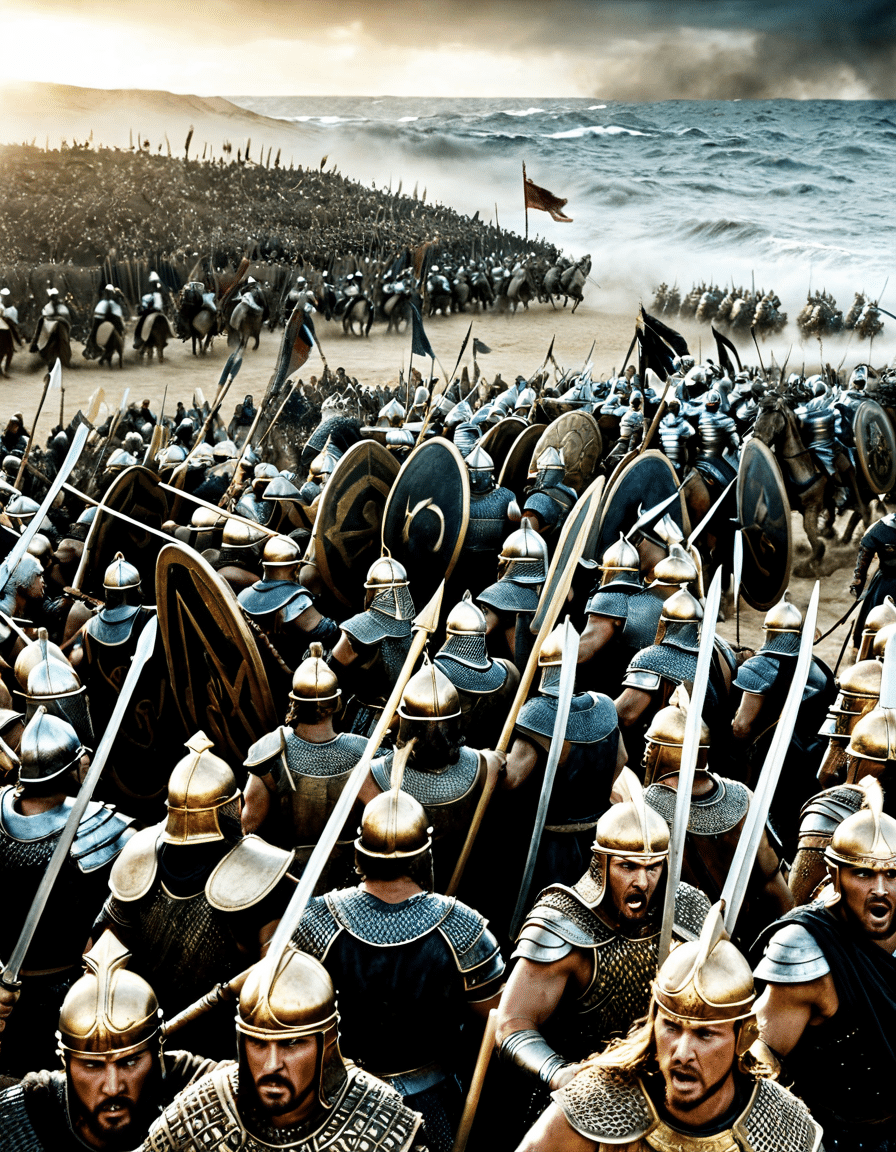
Top 5 Lessons from Exodus: Gods and Kings About Leadership and Faith
Artistic and Technical Brilliance in Exodus: Gods and Kings
The visual allure of Exodus: Gods and Kings isn’t just skin deep. Ridley Scott emphasizes the film’s artistic vision through stunning visuals, complemented beautifully by the sound design and sweeping score from Alberto Iglesias. There’s a striking blend of practical effects and CGI, with sweeping desert vistas and visually intricate set designs that effectively transport audiences into the heart of ancient Egypt.
Cinematographer Dariusz Wolski’s work enhances the emotional weight of key scenes, making monumental spectacles truly breathtaking. From the exquisite production design to the haunting musical undercurrent, each element contributes to the film’s persistent resonance. The meticulous attention to detail helps underline the urgency of Moses’ mission, crafting a narrative that engages on both emotional and intellectual levels.
The film’s artistic brilliance reflects Scott’s knack for storytelling, marrying powerful visuals with profound themes effortlessly. Exodus: Gods and Kings doesn’t just tell a story; it immerses viewers in a well-crafted experience that lingers long after viewing.
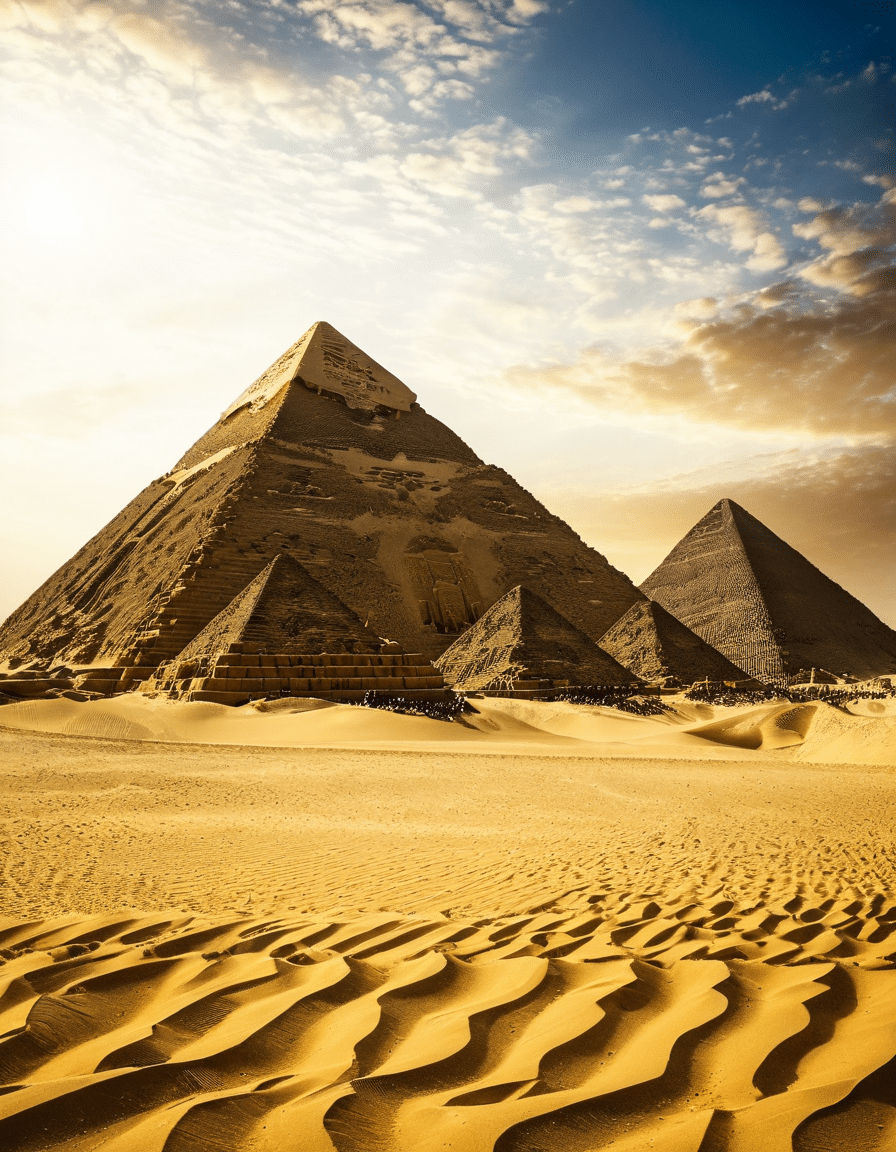
Cultural Impact: How Exodus: Gods and Kings Reshaped Biblical Epics
Upon its release, Exodus: Gods and Kings stirred up plenty of debate regarding representation in Hollywood, especially about how biblical tales are adapted for modern audiences. The film received praise for its dramatic visuals but also faced significant backlash for its casting decisions, particularly for the predominantly white ensemble depicting Middle Eastern characters.
This sparked essential conversations about casting ethics and the representation of non-Western narratives in Hollywood. As a result, upcoming projects are approaching similar adaptations with greater awareness of diversity and authenticity, acknowledging the need to better reflect their source material. Indeed, Exodus: Gods and Kings became a reference point in discussions around representation, forcing the industry to reconsider its practices.
The film’s cultural impact extends beyond Hollywood debates. It highlights the necessity for inclusive storytelling, especially in adaptations of rich historical narratives like those found in the Bible, influencing a generation of filmmakers and audiences alike.
The Reception: Analyzing Reviews and Audience Reactions
Critically, the reception of Exodus: Gods and Kings has been mixed. Some praised its ambitious scope, while others condemned its pacing and character development. This dichotomy showcases the broad spectrum of audience expectations, particularly when it comes to narratives drawn from sacred texts.
Viewers found compelling elements in the film, especially regarding certain religious interpretations. However, critiques also surfaced, as some audiences wished for deeper explorations of character motivations and moral intricacies. The discussions around these contrasting viewpoints reveal much about what audiences want from large-scale retellings of classic stories.
In analyzing the responses, it becomes clear that while the visual spectacle captivated many, the need for depth and character engagement remains a vital part of cinematic storytelling. The polarizing nature of Exodus: Gods and Kings ignited conversations that may influence future biblical adaptations.
Reflection: Beyond the Screen – Exodus: Gods and Kings in Contemporary Discussion
Exodus: Gods and Kings is more than just a biblical retelling; it challenges societal views on faith, leadership, and community dynamics. The multiple interpretations of faith depicted resonate with individuals across a mix of backgrounds and beliefs, sparking dialogue about the significance of these themes in real life.
The film pushes audiences to reflect on their roles within their communities, prompting them to consider their belief systems and responsibilities toward one another. This potential for profound impact has yet to fade, as discussions surrounding the film remain relevant in today’s context.
Ultimately, Exodus: Gods and Kings serves as a reminder that stories—whether from the Bible or modern tales—can inspire change and foster understanding. As viewers engage with its powerful narrative, they’re not just observing history; they’re participating in an ongoing dialogue that shapes perspectives in a world filled with challenges.
In summary, Exodus: Gods and Kings offers a rich tapestry of storytelling that invites viewers to confront the themes of faith and power, impacting both personal and societal discussions. Its enduring relevance continues to spark inspiration, bridging ancient narratives with contemporary life.
Exodus Gods and Kings: Trivia That Dazzles
Behind the Scenes Insights
When it comes to epic films like Exodus Gods and Kings, it’s fascinating how historical accuracy meets Hollywood flair. Did you know that the film features a star-studded cast? Christian Bale, who took on the role of Moses, spent months preparing for this demanding performance. He even trained in sword fighting! Speaking of stars, it’s worth noting how Ricky Ricardo raised the bar for leading men, influencing actors like Bale, who strive for those rich, layered performances. The weight of portraying such a significant figure isn’t lost on these actors.
Another interesting tidbit relates to the film’s visual splendor. Exodus Gods and Kings has stunning cinematography, much like the striking imagery associated with a black corset, which not only emphasizes style but also power dynamics within narratives. The movie’s special effects, from the plagues to the parting of the Red Sea, were meticulously crafted to enhance the storytelling, and the attention to detail truly showcases the commitment from the team behind this historical epic.
Cultural Echoes in Storytelling
The story of Moses has echoed through cinema for generations, with Exodus Gods and Kings adding its own flair to this timeless tale. Interestingly, the movie mirrors the grand themes found in stories that broke barriers, akin to those in Meg Donnelly’s movies and TV shows, which often blend personal strife with broader societal themes. The quest for freedom and inner strength resonates not just in religion but throughout popular culture, capturing the hearts of many just like other iconic entertainment pieces.
And let’s not forget the film’s timing—released just before the holiday season, it shares a truly powerful message that connects with audiences worldwide. Much like the buzz surrounding Black Friday at Walmart, which often sees shoppers hunting for deals that feel like “golden opportunities,” Exodus Gods and Kings invites viewers to reflect on faith and perseverance in the face of adversity.
Legacy and Impact
What’s the legacy of Exodus Gods and Kings? It raises questions about faith, authority, and what it means to lead. Marcellus Wiley, with his dynamic persona, often studies such themes in sports narratives, drawing parallels between athletic success and the leadership seen in films like this. The impact remains influential, sparking conversations that go beyond the screen. As viewers dive deeper into the film’s meaning, they might find surprising connections, such as the thematic dissection of identity that can also be seen in the art of Paizuri, where tradition meets contemporary expression.
To wrap it up, Exodus Gods and Kings does more than entertain; it provides a rich tapestry of inspirations and narratives that extend into our daily lives, calling us to ponder how history shapes stories we engage with today. So, whether you’re revisiting this cinematic journey or exploring its underlying themes, remember there’s always more below the surface waiting to be uncovered!
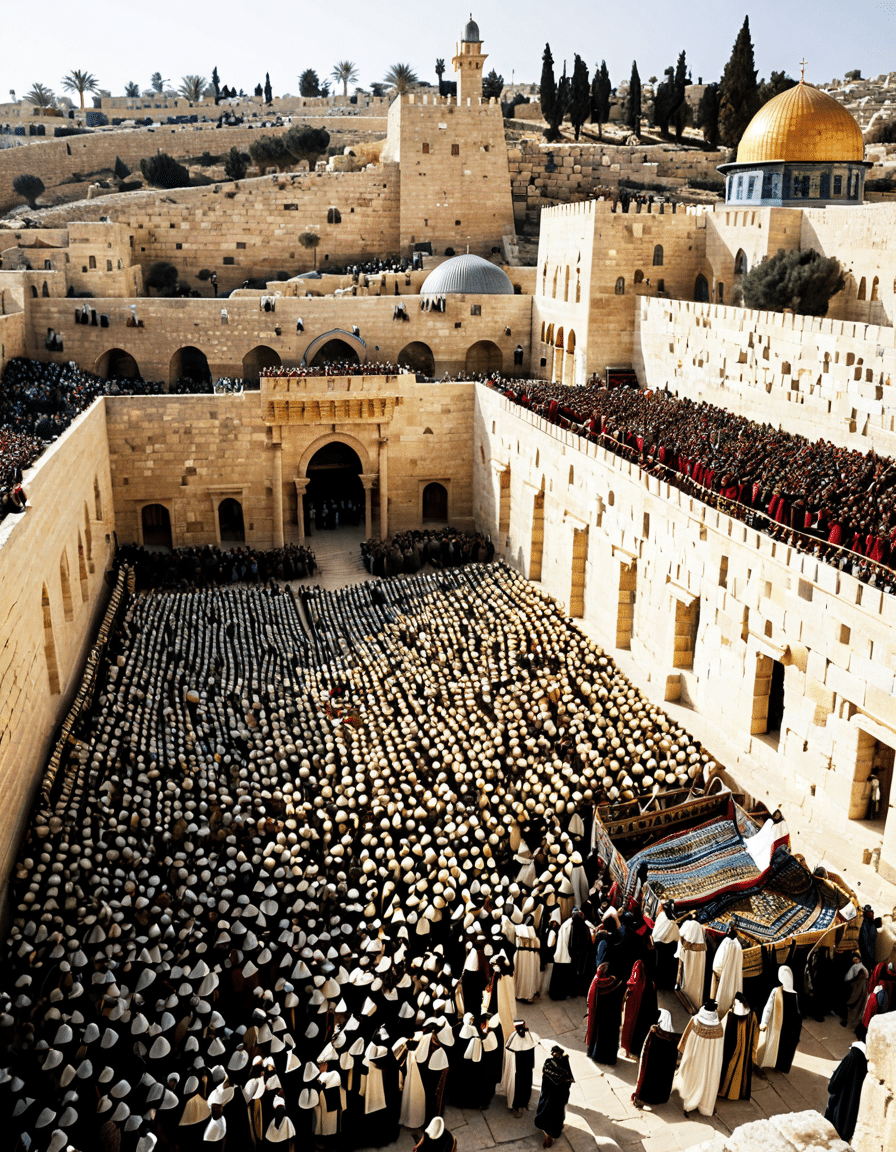





![Exodus: Gods and Kings | Official Final Trailer [HD] | 20th Century FOX](https://www.loaded.video/wp-content/cache/flying-press/8af6d71a0894118e4a01665cdd746b7a.jpg)
